1
5. Tools & Techniques (Part 1)
5. Tools & Techniques (Part 1)
Content
So, today during the 5th day of the international training course Mental Health Promotion in the Youth Field we moved our focus from building rapport and well-formed outcomes to experiencing some of the tools and techniques that we can use in our promotion of mental health with young people. As usual, here’s a brief overview of what we did, and the usual questions will follow!
The Target Model: This is a simple checklist of what needs to be right so we can do effective and ethical health promotion using these tools.
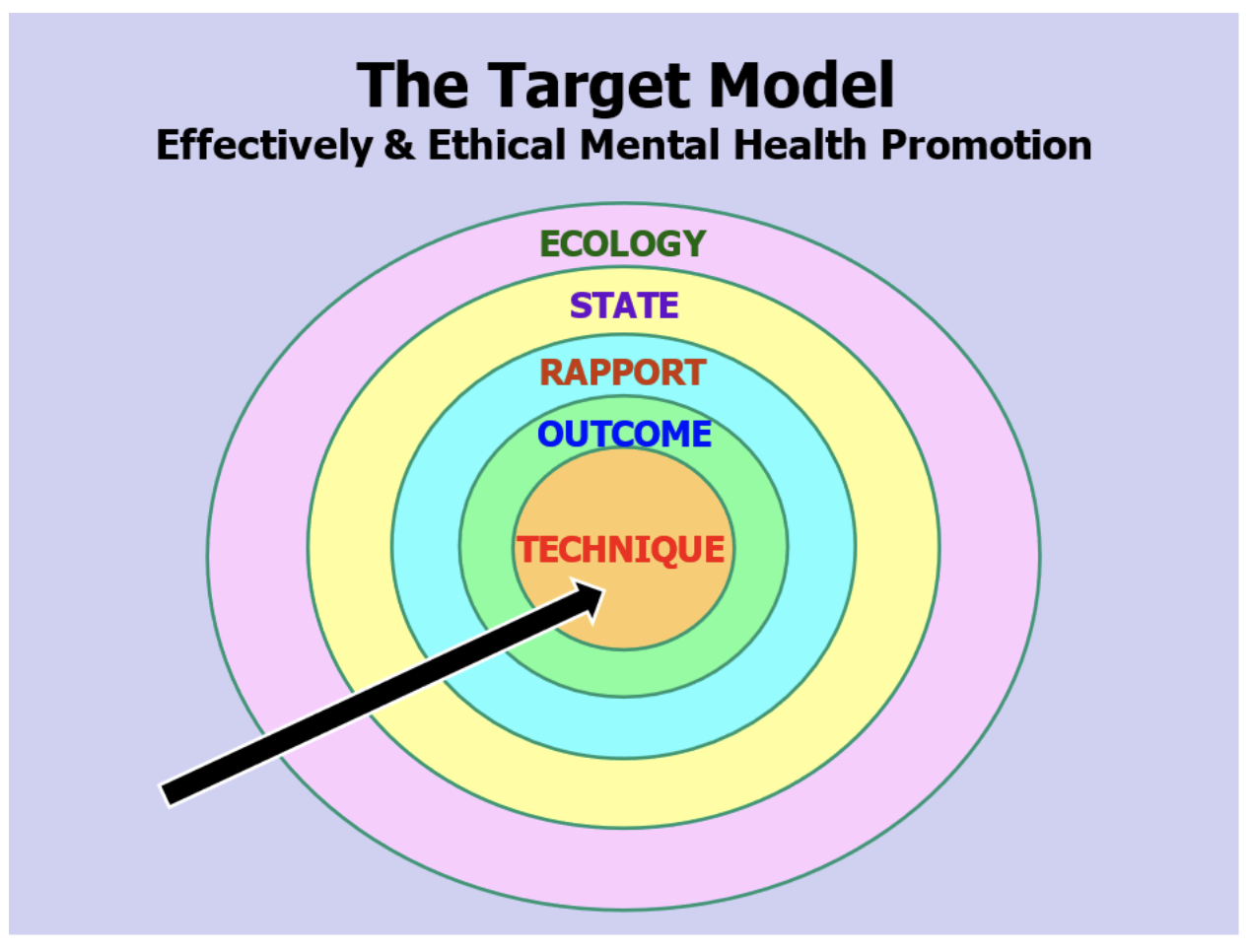
Resource Anchoring: We learnt about the anchoring technique that helps us to access previously resourceful states at will. Then we got to try it out with a partner.
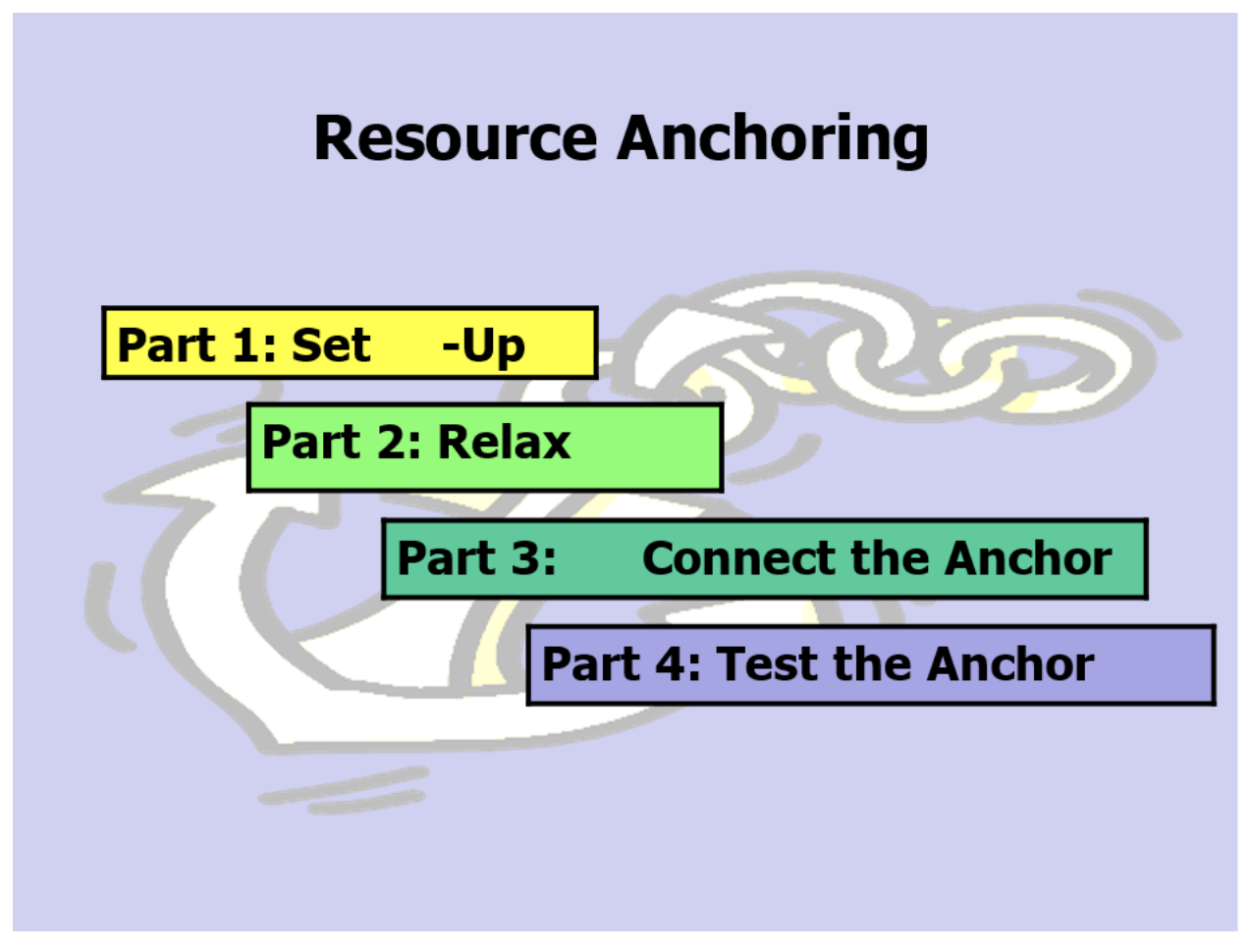
Language Patterns: We looked at the precise meanings of words and how we can use these meanings to get maximum effectiveness in our spoken communications. This was made even more interesting l by looking at how these influential word patterns vary from language to language and culture to culture.
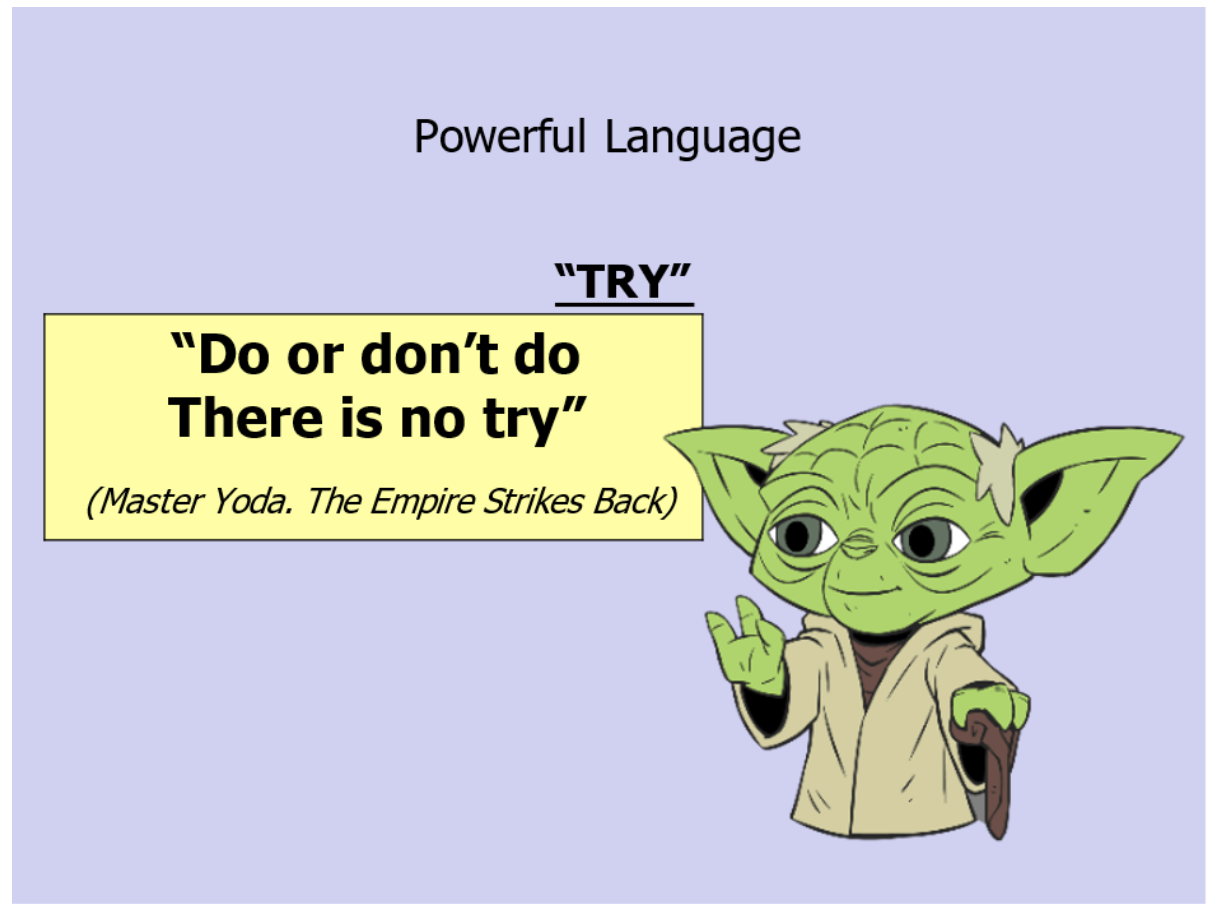
Chunking: What is a “chunk” of information? Why are these “chunks”different for different people? How can we use this to support mental health in young people? All these questions and more were explored today.
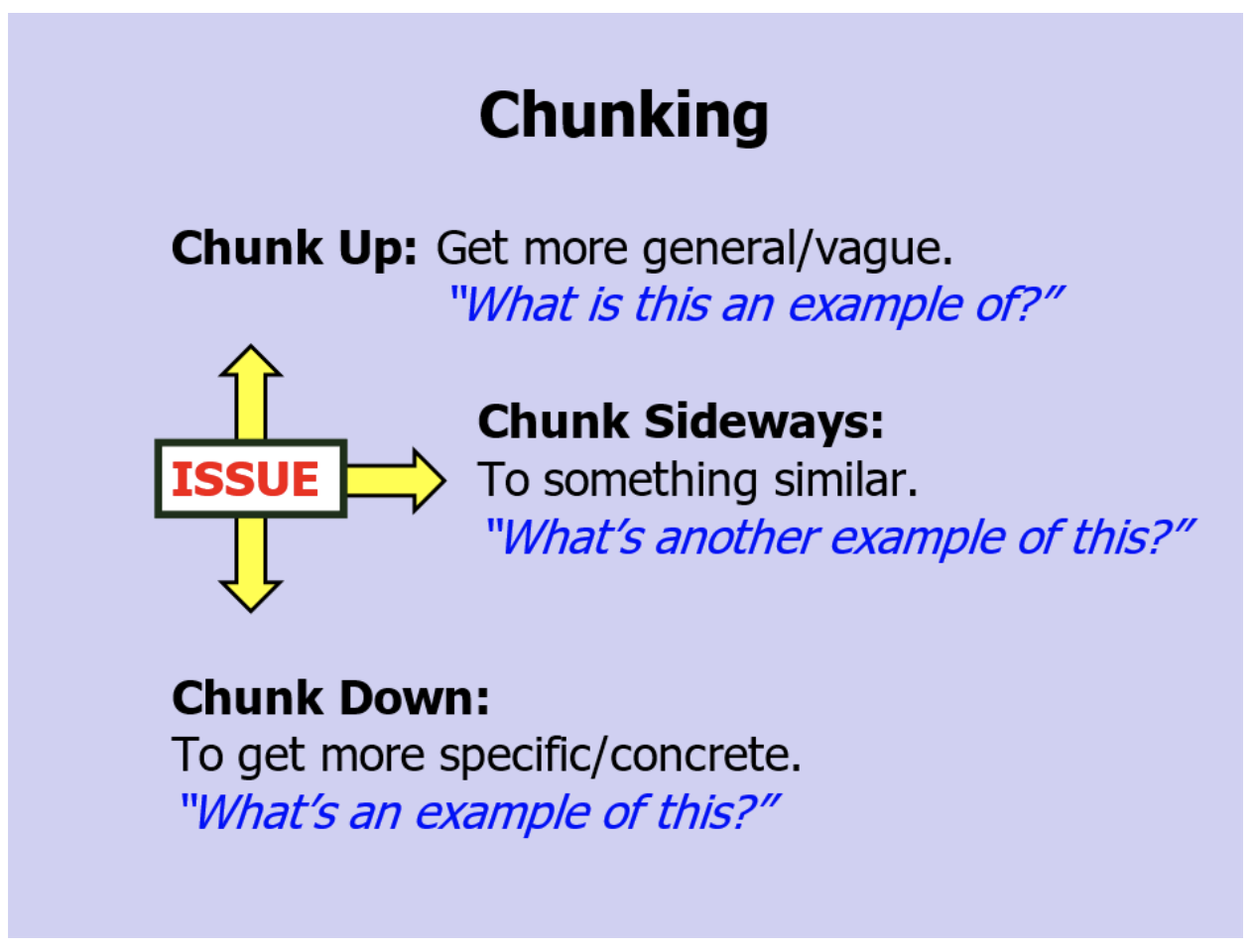
The New Behaviour Generator: This technique is built on the idea from sports coaching of “Mental Rehearsal”. If top sports people and athletes can use the power of their imagination to get them closer to their desired outcome, we can do exactly the same thing to help us to get what we want in our own lives.
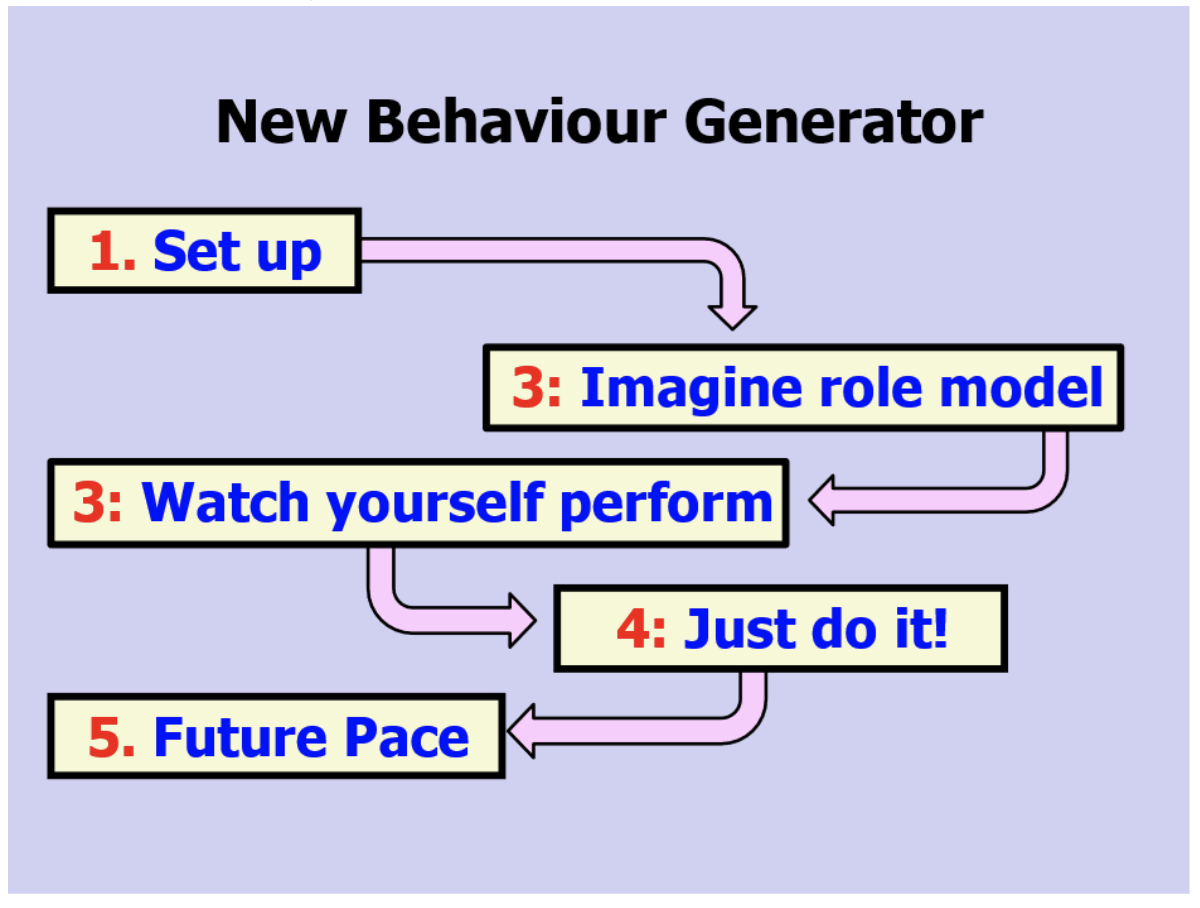
Pridobite značko aktivnosti
Tools & Techniques (Part 1) Pridobi to značko
This badge is a reflection tool for the fifth day of the international training course Mental Health Promotion in the Youth Field. This was a skill-intensive day of training with lots of new concepts and techniques that participants got to try out for themselves:
- We started by looking at the Target Model that enables us to do ethical and effective Mental Health Promotion with young people.
- The technique of Resource Anchoring helps us to use previous great experiences from the past as resources for the present and in the future.
- The use of Powerful Language Patterns was an interesting exercise because of the linguistic and cultural diversity in the room.
- The Chunking exercise is aimed to get people to think about how we communicate and how by changing the chunk-size we get very different perspective on our experiences.
- Participants finished the day exploring the New Behaviour Generator which uses technique of mental rehearsal to promote mental health.
The holder of the badge will have worked either on their own or in a small group to reflect on the questions:
- how the day has gone
- what has been learned
- how to use this in your youth work
- how else to use it.
The questions are designed to optimise generative learning: they are not just about what the participant has learnt but also how they can use the learning in their work and personal life.
- L1.2: Understanding that learning is a lifelong process that requires openness, curiosity, and determination,
- L1.3: Reflecting on other people’s feedback as well as on successful and unsuccessful experiences to continue developing one’s potential,
- L3.2: Planning and implementing learning goals, strategies, resources and processes,
- L3.3: Reflecting on and assessing purposes, processes and outcomes of learning and knowledge construction, establishing relationships across domains,
- P1.1: awareness and expression of personal emotions, thoughts, values, and behaviour,
- P1.3: Nurturing optimism, hope, resilience, self-efficacy and a sense of purpose to support learning and action,
- P2.2: Understanding and adopting new ideas, approaches, tools, and actions in response to changing contexts,
- P3.2: Understanding potential risks for wellbeing, and using reliable information and services for health and social protection,
- S2.3: Understanding and managing interactions and conversations in different socio-cultural contexts and domain-specific situations, and
- S3.3: Fair sharing of tasks, resources and responsibility within a group taking into account its specific aim, eliciting the expression of different views and adopting a systemic approach.
Naloge
Naloga št.1
Dokaze preveril: En organizator dejavnosti
- How has today gone for you?
- What have you learnt?
- How can you use this in your youth work?
- How else can you use it?
Veščine
ESCO
#spodbujati duševno zdravje
LIFECOMP
#Growth mindset
LIFECOMP
#Managing learning
LIFECOMP
#Self-regulation
LIFECOMP
#Flexibility
LIFECOMP
#Wellbeing
LIFECOMP
#Communication
LIFECOMP
#Collaboration
Organizatorji
Cities of Learning Network
Badge issuer recognized with
Uporabljeno v seznamu predvajanja
MENTAL HEALTH PROMOTION
Cities of Learning NetworkUstvarjeno na Global platform for Cities of Learning
Preklopite na drug jezik:

